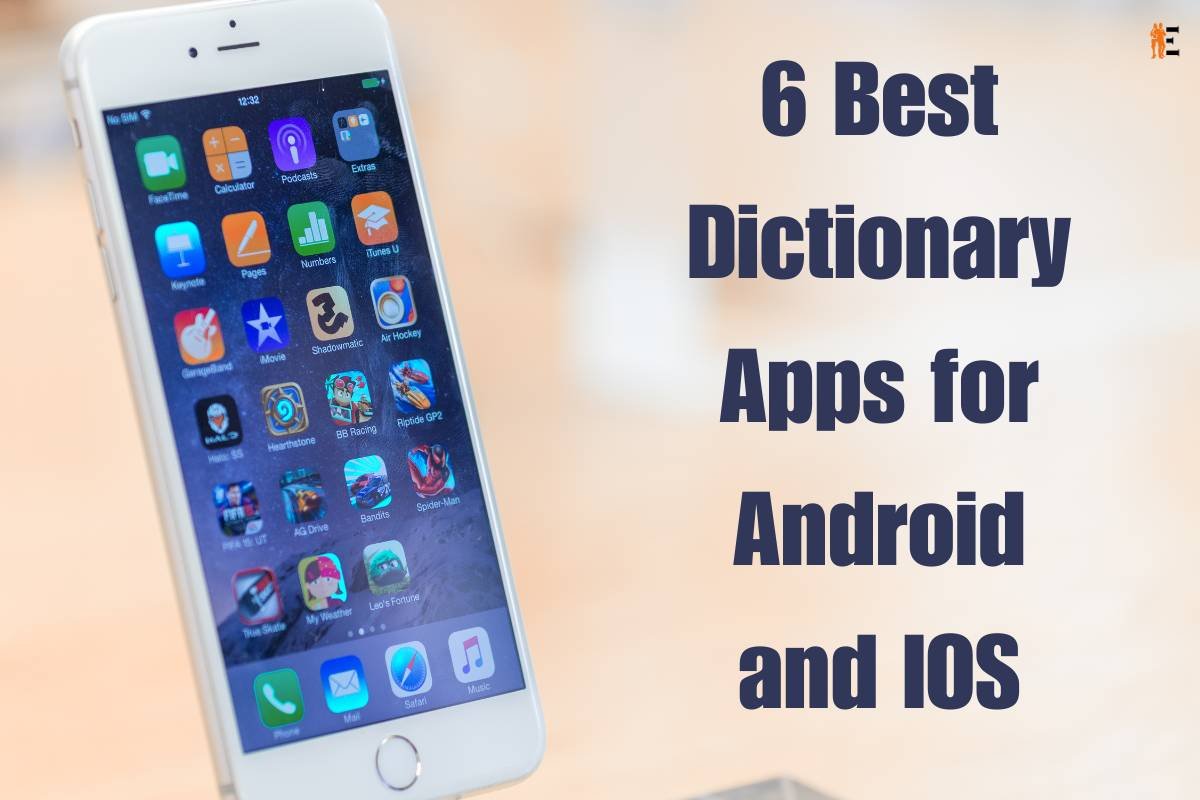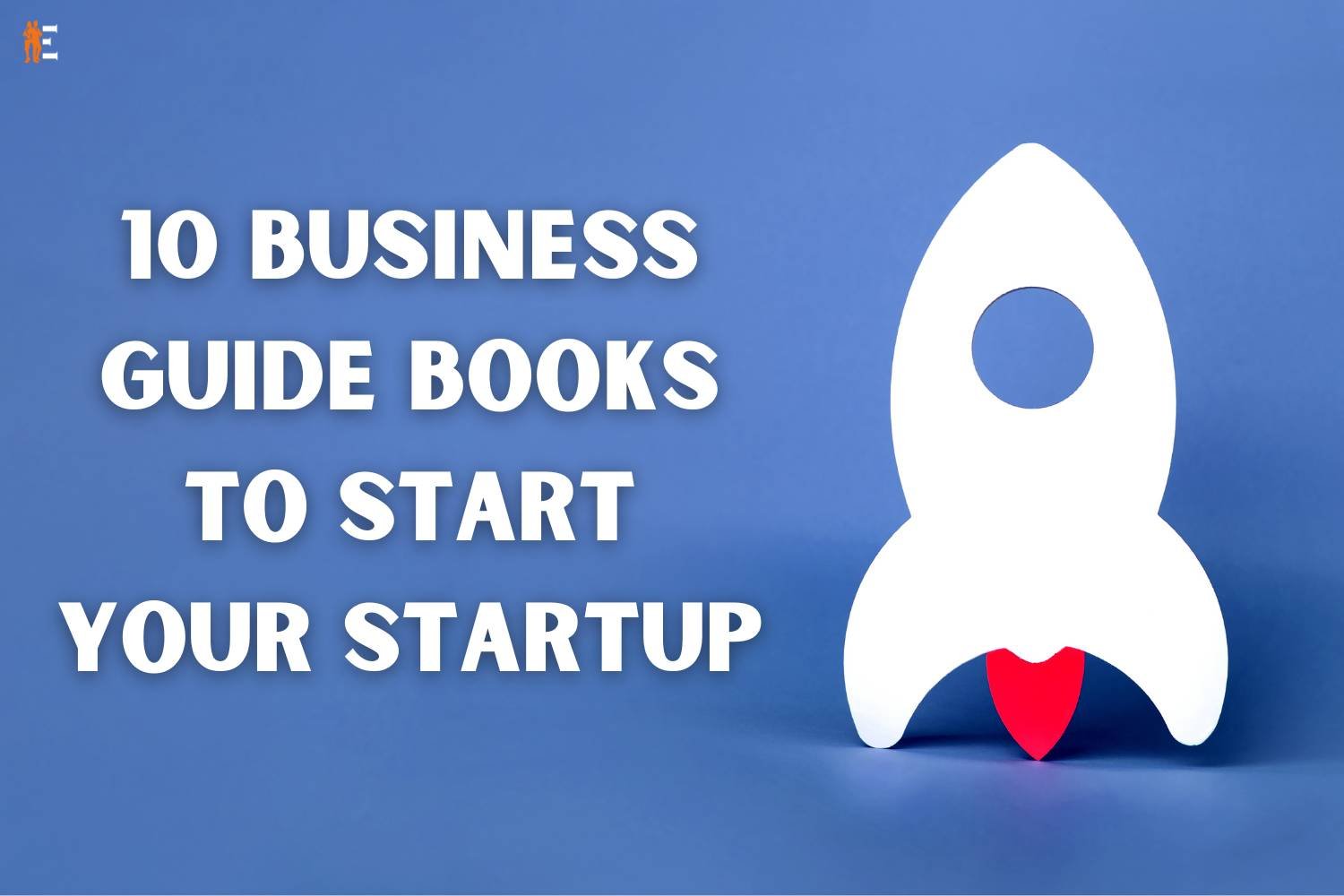Best Creativity Books are the go-to resources for anyone seeking to unlock their creative potential. These books offer practical advice, exercises, and insights that help individuals cultivate and unleash their creativity. Look no further than these 10 Best Creativity Books. Whether you’re an artist, writer, entrepreneur, or simply looking to tap into your inner creativity, these books offer practical advice, exercises, and insights to help you cultivate and unleash your creative genius. From classic titles to new releases, this list has something for everyone seeking to nurture their imagination and creativity. All of these Best Creativity Books are classics and essential readings for anybody who wishes to be more creative. When you’ve read them, read them again.
Here are the 10 Best Creativity Books;
10. It’s Not How Good You Are, It’s How Good You Want To Be, By Paul Arden
As a young woman, Victoria Beckham wanted to become “as renowned as Persil Automatic.” She always knew from an early age that she wanted to be a household name, and she succeeded. I don’t believe it is any secret that Victoria was not gifted with being a brilliant vocalist, nor is she an actress or model. Although, she was really skilled at pointing and pouting.
It wasn’t how excellent she was that counted, it was how good she wanted to be.
Paul Arden manages to put wind in your sails with this brief yet motivating & Best Creativity Books for artists and designers, helping you see that everything is possible with enough determination and hard work. Only if you think a bit differently than everyone else.
9. Think Like Da Vinci, By Michael Gelb
It might definitely be argued, that Leonardo Da Vinci is one of the greatest minds the world has ever seen. Among his various talents was that of engineer, inventor, mathematician, and architect. Among his many other innovations are the first practical helicopter and parachute.
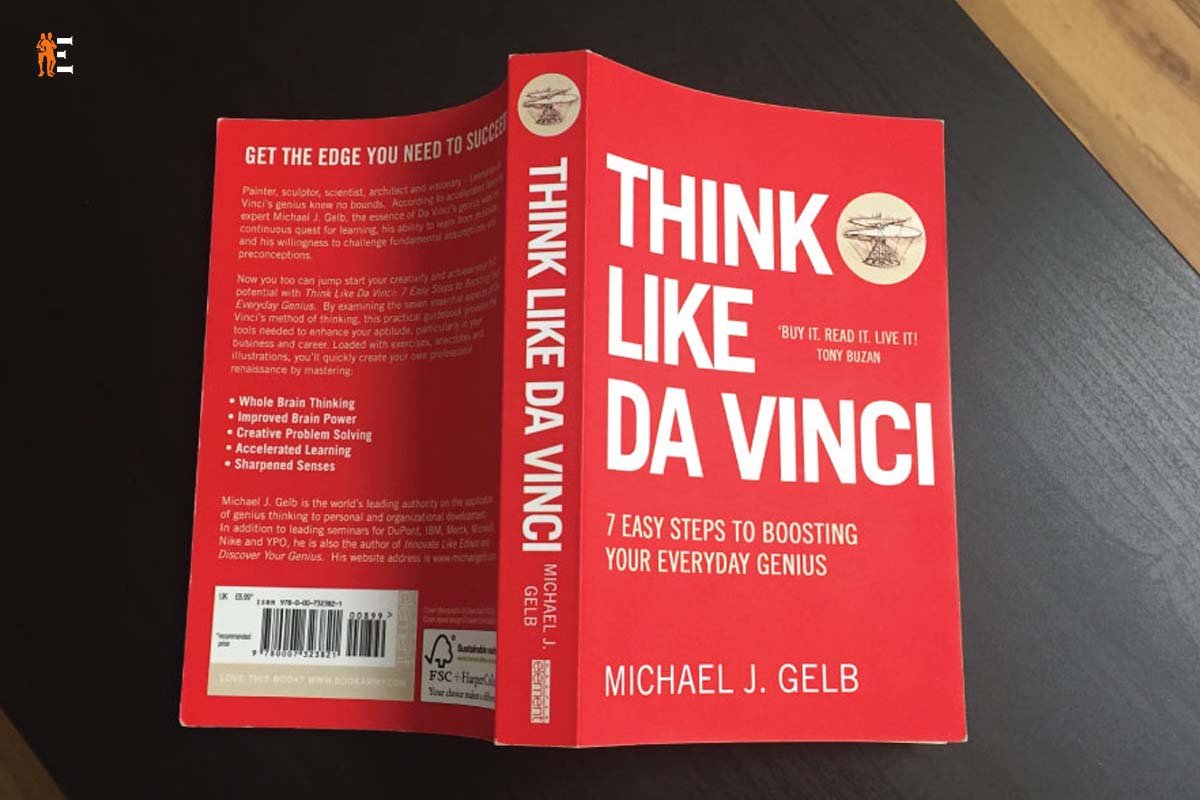
Think Like Da Vinci delves into each of the seven guiding principles that Da Vinci credits with fueling his extraordinary creative output, with the goal of enhancing your own brilliance via a set of actionable exercises.
The maxim “Curiosita”—to be endlessly inquisitive and question everything—is my personal favorite. The mind grows by looking internally for answers when it is continually being challenged by questions. Ideas are sparked and given life by the mental exercise in this Creativity Books.
8. Start with Why, By Simon Sinek
Start With Why was a game-changer of best Creativity Books in my understanding of how to motivate people when I “discovered” it a few years ago. I started using what I had learned in all of my projects by working with customers to determine their “why” for marketing purposes.
If you own your own company, finding out your “why” will help you create a brand with personality and appeal, rather than one that is generic and forgettable. Instead of attempting to convince people to buy your product because of its pricing or features, focus on building an emotional connection with them. It was Apple that figured out how to use this to their advantage.
7. Confessions Of An Advertising Man, By David Ogilvy
I had been keeping David Ogilvy a secret for years before Mad Men’s success made him widely known. Well, that’s what I believed at the time. Then suddenly, a large number of others began spilling the beans, too.
I like Ogilvy since he tried several various professions before settling on advertising. I personally had numerous odd jobs from being an apple picker in Israel to a hair model for L’Oreal and I believe these experiences to be a higher education than I ever found in university. My ability to think creatively and sell effectively has improved thanks to my experiences in a variety of settings and professions. Being a skilled writer of the best Creativity Books requires a wealth of life experience.
6. A Technique For Producing Ideas, By James Webb Young
I used to consider thinking a magical art that emanated from the ether that I had neither control nor knowledge of. How I came up with these concepts is beyond my comprehension; they just appeared (with fingers crossed). After doing some reading on the topic, I saw that there was a formulaic process involved in thinking, and as my understanding of how the brain functioned grew, I gained insight into regaining command of this ability.
With just 48 pages, this little Creativity Book may be read in about an hour. But don’t be too hasty to discard it; it’s a potent central hub that may illuminate the processes involved in ideation.
5. Made to Stick, By Chip and Dan Heath
As a content producer for an internet marketing company, it is my job to constantly come up with novel concepts that will not only inspire but demand sharing from others. Tense and time-consuming, for sure. The majority of the people in my professional network often consult books on psychology and persuasion, so whoever got me this one was quite thoughtful (Paddy).
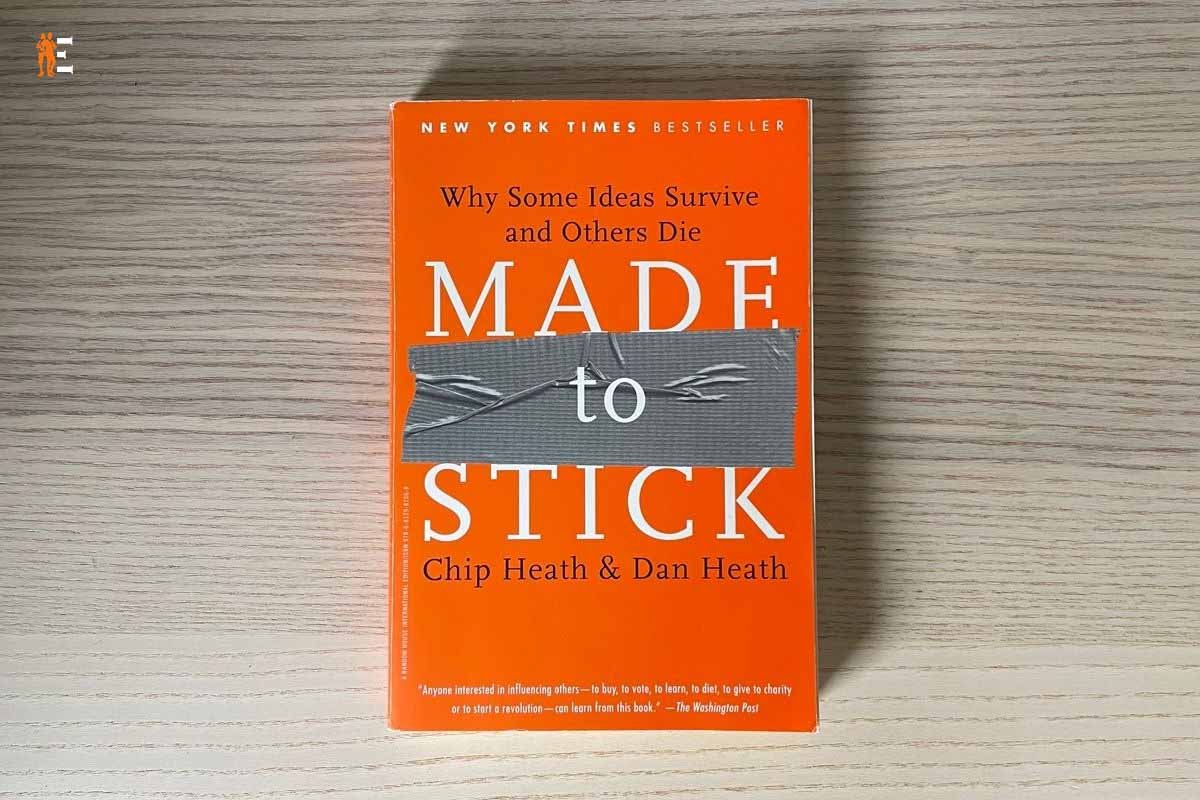
Using a wide variety of engaging tales and metaphors, Chip and Dan identify the six factors (SUCCESS) of Creativity Books that contribute to making ideas “sticky.” I can’t overstate how helpful and applicable this book will be to anybody employed in a field dependent on eyeballs and mouseovers. That’s most of us, I’d say.
There is no little claim being made here; this book will boost your career.
Surprisingly, at school, no one teaches you how to think; I mean truly think. The few cognitive abilities that you do develop are centered on a logical approach known as ‘vertical thinking’. Inherent with faults, this approach of pushes you to quit as soon as you reach the first answer to your issue, regardless of whether this is the greatest solution that you can discover.
4. Lateral Thinking, By Edward De Bono
Lateral Thinking is a set of easily transferable mental abilities that broadens one’s perspective and allows for fresh approaches to problem-solving and creative endeavors.
I have read several of Edward de Bono’s Creativity Books, and I have looked all over the web for old videos of his lectures. If you want to become a better ‘thinker,’ I suggest reading this book as an introduction and then moving on to the rest of his library.
3. The War of Art, By Steven Pressfield
For those who have experienced the agony of looking at a blank sheet of paper or the flashing cursor on a computer screen, hands sweating as they hover over the keyboard and mouse. We tend to put off doing the things we know are best for us. It’s writing that really speaks to me. I’ve been avoiding this for a long time, but now that I’m faced with it, I feel compelled to write, yet I’m at a loss for words.
2. The Element, by Ken Robinson
As a creative person, you probably understand the feeling of needing to constantly produce new work. You are stuck being whatever it is that you are. This showed itself in me as a want to create something physical, sketch, make, and fix things. As I’ve gotten older, I’ve noticed a growing fire in my solar plexus, a feeling that drives me to put pen to paper. I can’t explain it, and to be quite honest, it makes me feel a bit anxious.
One of my favorite TED lectures is by Ken Robinson, in which he discusses how we are taught to suppress our creative impulses. Ken is such an articulate and dry-humored speaker that I purchased all of his Best Creativity Books and found my number two must-read.
1. Flow, by Mihaly Csikszentmihalyi
Have you ever been so absorbed in an activity that you forgot about everything else and were entirely present in what you were doing? It may briefly remove you from all issues in your life and transport you to a profoundly joyous and creative mood. The feeling that everything in your life is in perfect harmony and that you are spiritually accomplishing your goals.
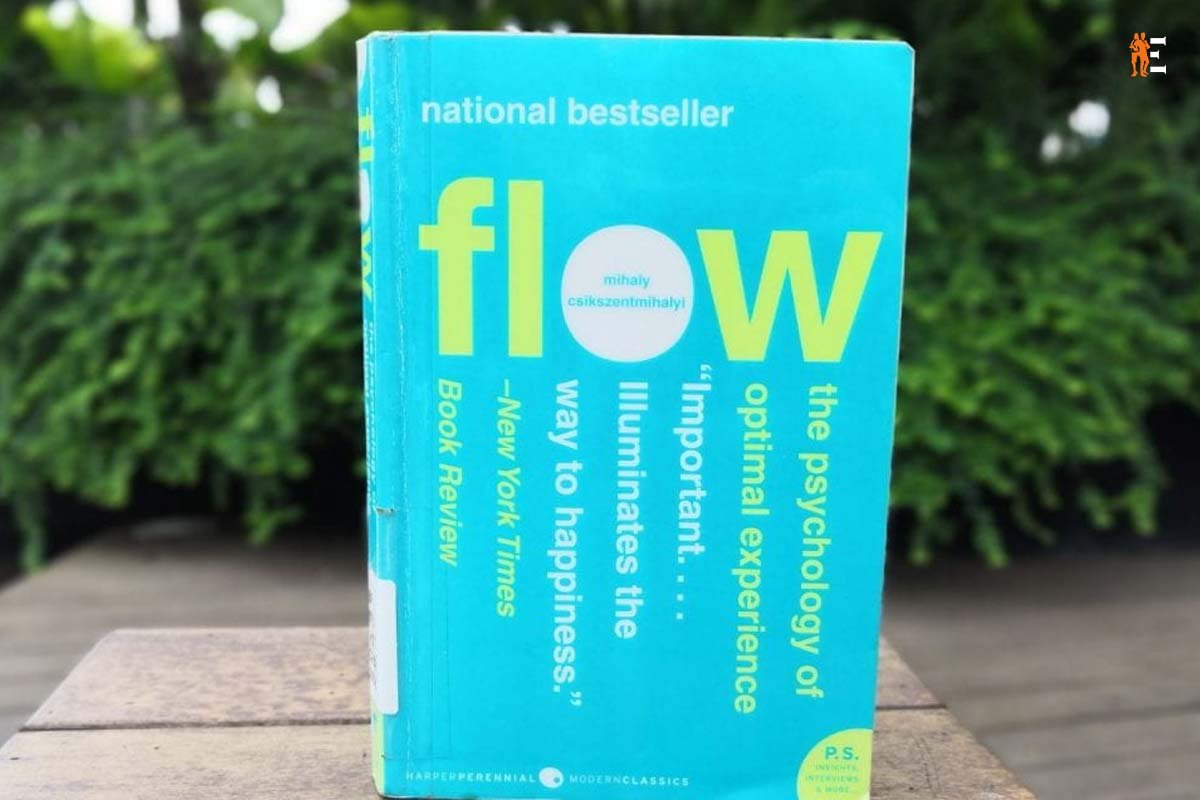
When I am completely immersed in a creative activity, such as live painting or writing, or when my body has learned the strokes of a pool so well that I am only a passenger, I experience flow. It’s amazing and nothing else can equal that sensation.
Mihaly (I couldn’t pronounce his surname) dissects the condition of ‘flow’ and how we might obtain it.
If you want to improve your life, read “Flow.”






